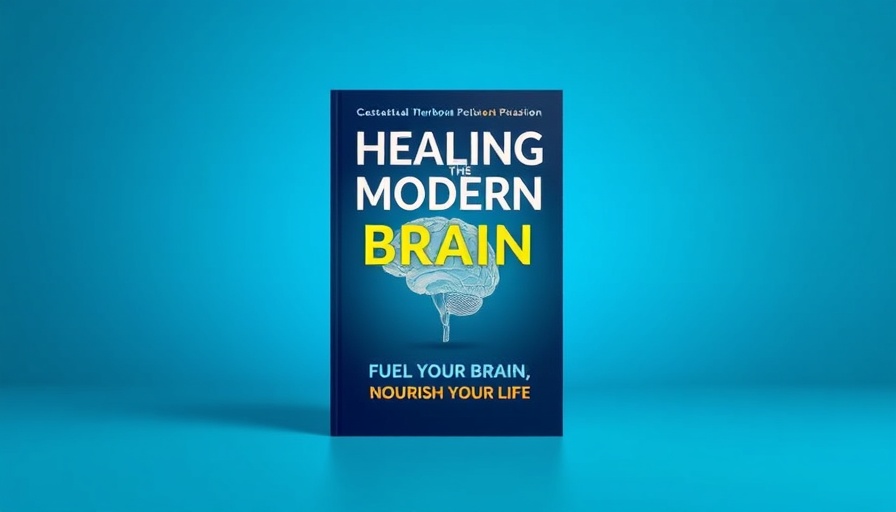
The Alarmingly High Rates of Mental Health Issues Among Doctors
In today's fast-paced medical environment, mental health issues among healthcare professionals are increasingly prevalent. The staggering statistic that 25% of resident doctors experience depression annually is a wake-up call for both the medical community and society at large. This figure starkly contrasts with the general population, underscoring the need for urgent attention to the mental well-being of those who care for us. It raises an important question: How can we better support healthcare professionals in managing their mental health?
In Physician Burnout, Self Confidence, and Making Mental Health Mainstream | Jake Goodman, MD, MBA, the discussion dives into the critical issue of mental health in the medical profession, exploring key insights that sparked deeper analysis on our end.
Promoting a Culture of Openness: Lessons from Dr. Jake Goodman
Dr. Jake Goodman, a prominent psychiatry resident with a massive social media following, has championed workplace mental health, notably through his own experiences. Speaking openly about facing his depression during residency, Dr. Goodman signifies the importance of vulnerability in discussing mental health. His decision to share his struggles has inspired many others to seek help. This culture of openness is essential in a profession rife with stigma surrounding mental health care seeking.
How the Medical Community Can Support Its Own
To mitigate the mental health crisis among healthcare providers, it's vital to establish robust support systems. Institutions must create environments where professionals feel safe to discuss their challenges and seek necessary help without fear of stigma or repercussions. Collaboration with organizations like the Dr. Lorna Breen Heroes Foundation can bolster these efforts, providing resources and advocacy for healthcare workers and their mental well-being.
Building Self-Confidence in a High-Stakes Environment
Imposter syndrome is a common hurdle faced by medical professionals, often exacerbated by high-pressure environments. Dr. Goodman emphasizes that overcoming these feelings involves recognizing that mistakes are learning opportunities, not indicators of inadequacy. By fostering resilience and promoting a mindset focused on growth, healthcare professionals can navigate the challenges of their demanding roles with greater confidence.
Actionable Steps for Individuals in High-Pressure Careers
1. **Reach Out**: Identify trusted colleagues or mentors who can provide support. Connecting with someone who understands the pressures of the medical field can be a game changer.
2. **Utilize Institutional Resources**: Investigate available wellness programs within your institution. These often include counseling services and wellness officers who can connect you to mental health resources.
3. **Practice Self-Care**: Develop habits that prioritize mental fitness, including regular exercise, healthy eating, and mindfulness practices. This proactive approach can significantly improve overall well-being.
The Influence of Social Media on Mental Health Awareness
As Dr. Goodman illustrates, social media can play a pivotal role in destigmatizing mental health discussions. By sharing personal experiences and insights, he has reached millions and fostered vital conversations surrounding mental health. However, it’s essential to navigate social media wisely, setting boundaries to prevent negative impacts on mental well-being.
Conclusion: The Path Toward Better Mental Health for Healthcare Workers
As we reflect on the insights presented by Dr. Goodman regarding physician burnout and the importance of advocating for mental health in the workplace, it’s clear that systemic changes are necessary. By actively promoting a culture of openness and support, medical institutions can reduce the stigma associated with seeking help, ultimately leading to healthier work environments for all healthcare professionals. As we move forward, let us prioritize mental fitness and encourage each other to share our journeys in the pursuit of well-being.
As a call to action, let's engage in a dialogue about mental health within our professional circles. Share experiences, resources, and support one another as we work towards creating a healthier, more aware healthcare community.
 Add Row
Add Row  Add
Add 




Write A Comment